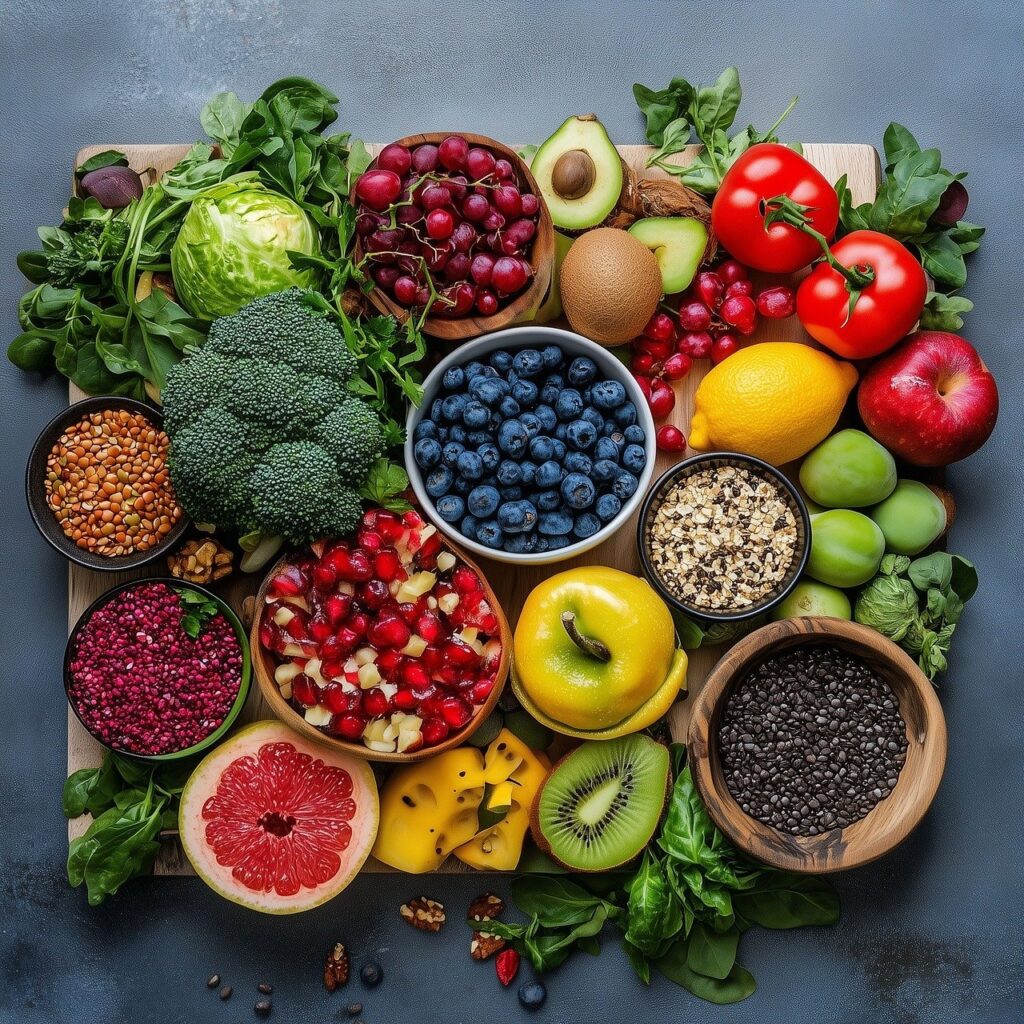If your grocery cart is full of boxed, bagged, or frozen meals with mile-long ingredient lists, you’re not alone. Ultraprocessed foods are convenient and cheap—but mounting research shows they’re fueling chronic diseases.
What Are Ultraprocessed Foods, Exactly?
These foods go far beyond basic processing. We’re talking about products made mostly of refined ingredients, additives, colorings, stabilizers, and artificial flavors—things your grandmother wouldn’t recognize as food. Think soda, chips, packaged snacks, frozen pizzas, instant noodles, and even some granola bars.
They’re everywhere. In fact, ultraprocessed foods now make up more than half of the average American diet.
The Link Between Ultraprocessed Foods and Chronic Disease
Eating these foods regularly is strongly associated with obesity, type 2 diabetes, heart disease, and certain cancers. One major 2023 study in the BMJ linked higher intake of ultraprocessed food to a significantly increased risk of multiple chronic conditions.
Why? These foods are often high in added sugar, unhealthy fats, and sodium—but low in fiber, protein, and nutrients. They also disrupt your metabolism, blood sugar regulation, and gut microbiome. Some researchers believe additives and emulsifiers in ultraprocessed foods may trigger inflammation and damage the gut lining.
How Processed Food Impacts Your Gut
Speaking of gut health, ultraprocessed foods can decimate your microbiome. Artificial sweeteners and preservatives can throw off the balance of good bacteria, leading to bloating, mood swings, fatigue, and long-term inflammation—especially problematic for people with IBS, autoimmune disorders, and metabolic diseases.
Reading Labels: A Survival Guide
One way to spot an ultraprocessed food? If it has more than five ingredients—and you can’t pronounce half of them—it’s likely not doing your body any favors. Words like “maltodextrin,” “hydrogenated oils,” or “monosodium glutamate” are red flags.
Look for whole foods or minimally processed options: ingredients you could find in your own kitchen. If you don’t know what it is, your body probably doesn’t either.
Realistic Solutions: You Don’t Have to Go Full Paleo
The good news? You don’t have to eat perfectly or give up all your favorite snacks. Try making small swaps:
- Choose fresh or frozen veggies over canned soups or instant meals.
- Pick whole-grain bread with minimal ingredients.
- Snack on nuts, fruit, or Greek yogurt instead of chips or cookies.
Cooking more meals at home—even just a few a week—can help you drastically cut down on ultraprocessed ingredients. And your body will notice.
Why It Matters for Chronic Conditions
If you’re living with a chronic illness like diabetes, arthritis, or heart disease, reducing ultraprocessed foods can reduce inflammation, stabilize blood sugar, and help manage symptoms.
Food is medicine—and ultraprocessed food is often the problem. Start with one simple change today and build from there. Your future self will thank you.








